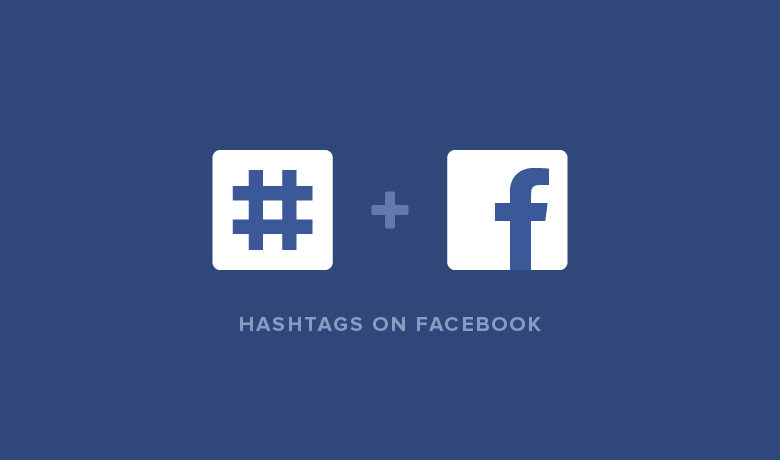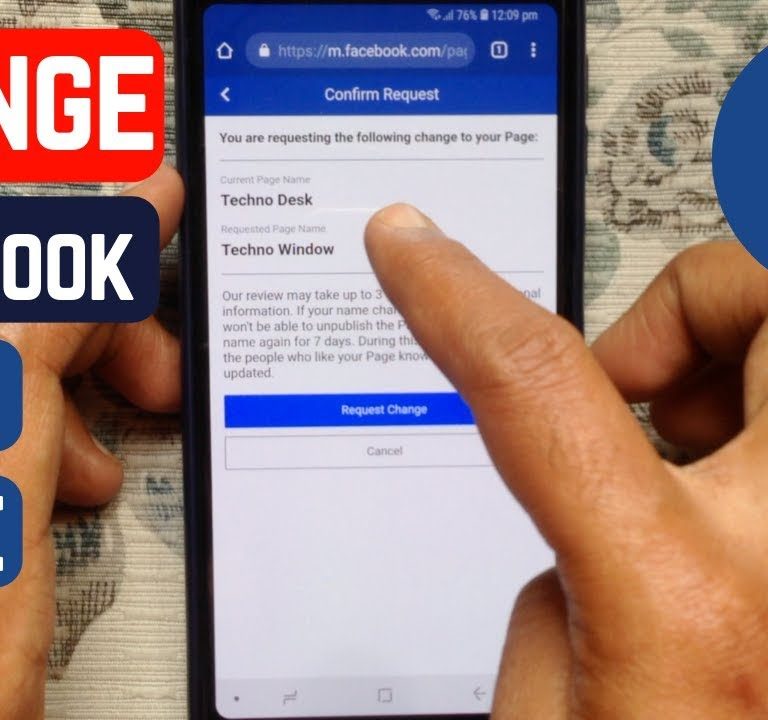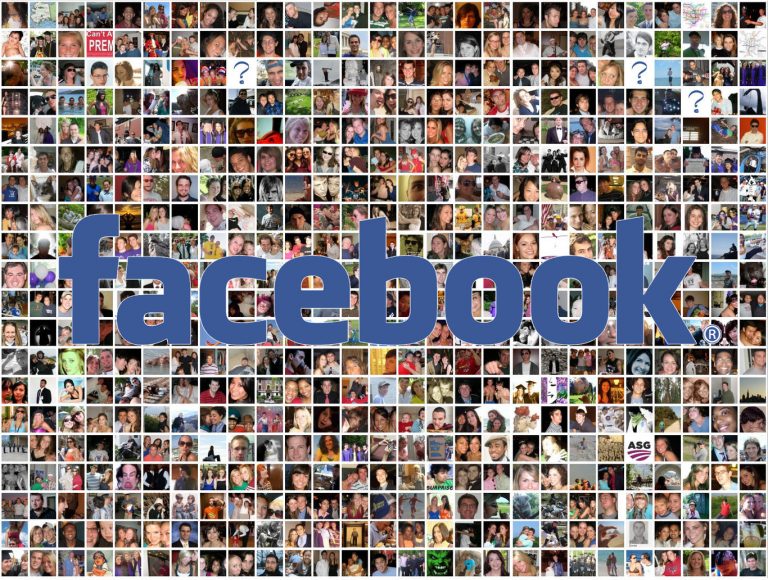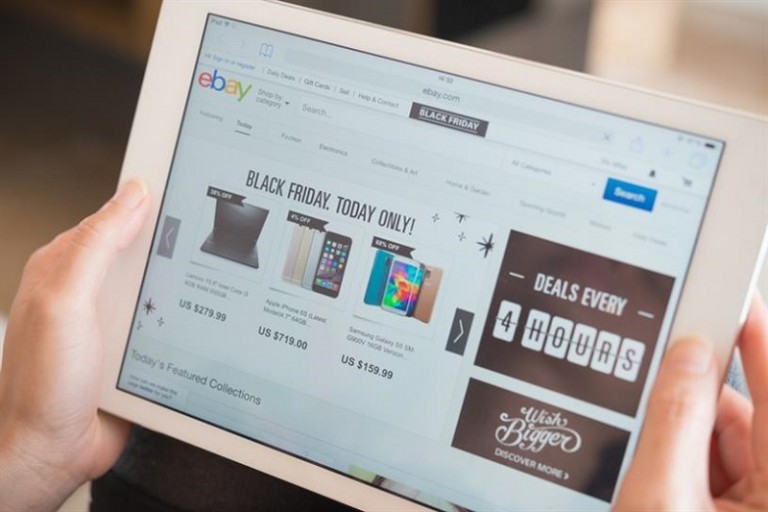The news is now known: even on Facebook you can enter the hashtags, those words preceded by the hash sign (#) that have characterized for a long time the updates of Twitter, Google Plus and other social platforms.
What are the hashtags and what are they for? Hashtags are keywords that allow users to understand the topic addressed in the update, and make it immediately traceable in internal searches of a social.
The hashtag, in fact, is a link that refers to a real web page where all the updates that share that single hashtag are present.
This also works for Facebook: try the #Google hashtag, the platform will give you all the people who used it.
Inserting a pointer before a keyword is a simple operation, almost natural after you’ve done it for a long time on Twitter, but every social has a code, a language. And of the rules. That’s why today I want to explain how to best use hashtags on Facebook.
Do not overdo it
Hashtags have an advantage: they allow users to find a post by doing a search with a keyword.
But this is not a good reason to exaggerate with the gate: a status full of hashtags creates confusion, does not give information to the user, wants to be everywhere but in the end can only do spam.
What sense does it have to be present in research that is too general or does not belong to you? Better to be linear, and fit into a list of updates to meet the needs of the user. On Twitter the space is limited to 140 characters while on Facebook there are no limits. This does not mean overdoing it.
Readability first of all
Reading the text of a Facebook update is not the best. Formatting does not exist, the font is microscopic and the images capture all the attention. Why risk the worst by inserting hashtags without a reason?
The abuse of the gate threatens the good readability of the post. Better to put them either before or after the text. Obviously if it is a single hashtag and related to the topic can easily remain, but two or three (especially if they follow) can be annoying.
Is the hashtag right?
Sometimes it’s the details that ruin everything. When using an official hashtag, remember to check the correct typing. And above all, do not take advantage of emergency situations for commercial purposes.
Of all the hashtags for sure, the best ones are the personalized ones, thanks to which we can create a flow of information that will be related to our business, services or products we offer, or maybe to an event or initiative we are promoting.
Branding
The hashtags on Facebook are useful for finding your posts in searches, but above all for monitoring your brand. Unlike Twitter, on Facebook it has always been difficult to discover the various discussions that developed in the comments of the single post.
Everything changes with the hashtag. Just one click and you have at your fingertips the conversations that call you in question, provided that the hashtag has been inserted.
Moreover, soon there are rumors that monitoring tools should arrive to obtain interesting statistics.
The hashtags to spy on competitors
Look at the opposite side, and use hashtags to track your competitors. Keeping your competitors under control is essential for identifying new strategies, anticipating trends, curbing any shortcomings in your marketing actions.
Downsides
There is a possible negative aspect that must be taken into consideration, the hashtag is a link to an external resource, which could cause a counterproductive behavior on the part of the user.
Who guarantees me that the user will click on the photo or on the link (representing the real goal) and not on the hashtag?
The same goes for users who are on a fan page, with the hashtags I could bring out my fans and it is said that the action is profitable.
Your opinion on hashtags
Apparently everyone loves hashtags. Merit of Twitter, a social linked to this practice from a long history. And you have already started to use the gates on Facebook? In your opinion, are they useful? Are there any positive or negative implications that you think should be taken into consideration?











+ There are no comments
Add yours